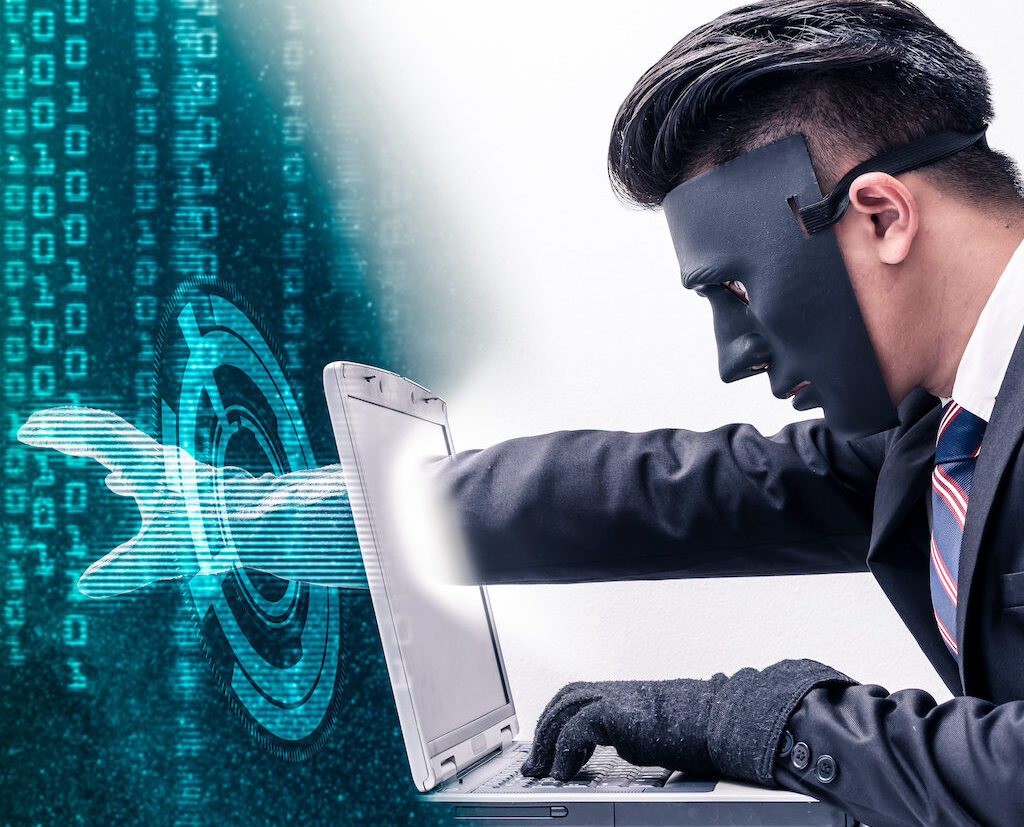When 2020 began, no one could have predicted the working world’s massive shift to remote environments. Now, from VPNs to ever-expanding endpoints, remote security culture has become an integral aspect of today’s IT security.
But what does that mean for the future? COVID-19 has irrevocably changed how we approach the modern office model, stretching our working norm from office spaces to home and a blend thereof. Looking forward, permanent remote work has become increasingly appealing to employees who’ve become productive from home. Organizations, too, are weighting a shift to greater remote work or a blended model in order to reduce costs and help recover from a hard-hit pandemic year.
The preference for remaining remote is measurable: one-third of respondents in an HP survey conducted in the U.S., China, and France reported that they preferred remote work to returning in-person when offices open back up. Another Gartner survey of over 200 HR leaders projects that for a substantial time after pandemic protocols are dropped, over 41% of employees will likely continue working from home.
Experts agree that more offices are likely to adopt a hybrid model, wherein the office is an optional collaborative space for staff to hold important meetings and consult on group projects. Employees may have certain assigned office times and otherwise be permitted to work from home.
If remote work culture is set to permeate life in the 2020s and beyond, then the IT security community will need to evolve along with it. During this second week of National Cybersecurity Awareness Month, we’re taking a look at what the future may hold.
A Matter Of Time
Today, 74% of the working world is remote, making IT security measures harder than ever to monitor. Remote workers tend to use their personal Wi-Fi, which lacks an office network’s security protocols. But devices can be segmented to stem a breach if it occurs, and keeping up to date with next-generation antivirus software doesn’t hurt—especially when an administrator can remotely apply and update it.
Going forward, your organization’s IT security policies will need remote work-specific updates and guidelines for remote access if they don’t already exist. If policies pre-date the pandemic and the volume and type of remote work for your team that has ensued since, then they are probably in need of a “facelift,” so to speak. The best practices are the ones that consider present-day threats and thus change with the times.
Employees can also do their part by making sure not to download any sensitive data to their personal devices, never using work passwords on personal devices nor vice versa, and diligently changing their passwords when the time comes. This discipline will become even more important if remote work is normalized in the future, as exposed personal networks tied to workplace data can be a gold mine for hackers.
The anticipated permanency of remote work for so many will undoubtedly trigger an influx of social engineering scams, with phishing as the most egregious offender. Phishing scams come in all shapes and sizes, but we have tips for what to do when confronted with suspicious activity.
And last but not least, encrypting your data will become even more crucial for workers transmitting information between their home and office networks. Hackers like to pounce on data in transit, but encryption ensures that anything they might come away with will be useless.
The Human Element
Going remote is putting your people first, and here at BAI Security, we pride ourselves on the minds behind our cutting-edge service offerings. Our exceptional in-house IT Security and Compliance experts have impressive qualifications devoted to developing cutting-edge strategies for your organization’s security.
Putting people first also means listening to what our clients have to say—we think you’ll like the results.
The world isn’t what it was seven months ago, and your workplace may still be in flux, but you can secure your organization’s future wherever it operates. For more information, feel free to contact us.









